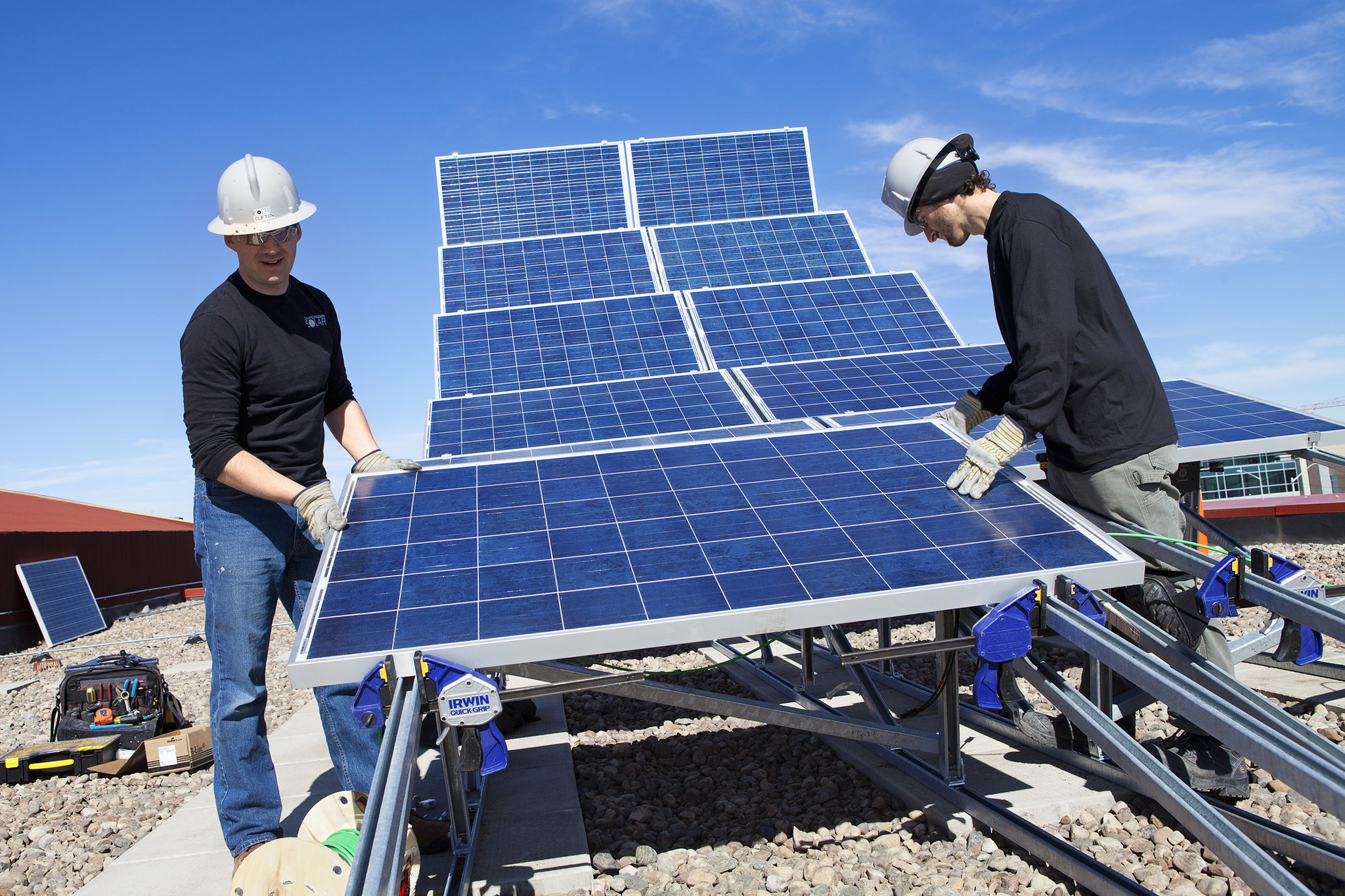Renewable Energy in Bulgaria

Bulgaria stands at a pivotal moment in its energy transition, with renewable energy playing an increasingly vital role alongside its traditional reliance on nuclear power and coal. Solar generation represents a key driver in the country’s pursuit of the EU renewable energy target of 27% by 2030 and net zero emissions by 2050. Backed by international investments and streamlined energy legislation, Bulgaria is accelerating the development of renewable infrastructure while modernizing its power grid. The country is positioning itself as a regional leader in sustainable energy production with a decentralized energy system set to help reduce energy poverty in the country.
The Current Energy Landscape of Bulgaria
The two major energy sources for Bulgaria’s domestic energy consumption are nuclear power and coal. Nuclear power accounts for around 40% of energy supply and has been a major energy source for Bulgaria since the 1950s. Additionally, in 2023/24, there was a steadily growing use of solar generation contributing almost 13% of total electricity generation.
Renewable Energy Investments
Renewable energy in Bulgaria aims to account for 27% of domestic production by 2030, contributing to the EU renewable energy target for 2030. The country is also aiming at a net zero emissions target for 2050. A large portion of this is currently being exploited via solar generation.
The European Bank for Reconstruction and Development (EBRD) is a major leader in climate finance and one of the primary investors in renewable energy in Bulgaria. In late-2024, the EBRD announced that it would lend €50 million to Bulgaria to build a 237 MW solar plant, a huge step for its renewable energy agenda. The investment is part of a wider pledge to further UN Women’s Empowerment Principles in the Bulgarian energy sector. The shift away from fossil fuel use is beneficial in the Bulgaria’s plans to reduce energy poverty. This topic has been high on the country’s agenda since 2022 when the war in Ukraine increased import prices of Russian natural gas and coal. More than a quarter of Bulgarians in 2022 were unable to adequately heat their homes due to energy poverty.
Simplification of Administrative Frameworks
The past year has hailed a stream of new investment in renewable energy in Bulgaria – not just because of a push for EU climate goals. The country simplified the administrative frameworks required for renewable energy infrastructure in 2023, making projects easier to plan and implement. Other changes to the country’s energy legislation enabled clarity on investing in renewable energy plants with batteries for energy storage during off-peak production periods.
Bulgaria also clarified steps to establish a more interconnected power grid which should decentralize energy and reduce the country’s state of energy poverty. This would be enabled through the empowerment of households and democratizing of the energy system coming as a result of more energy suppliers and better energy infrastructure. A more robust domestic energy supply divested away from fossil fuels would help shield the Bulgarian energy sector from fossil fuel import fluctuations and over-reliance on Russian imports of coal and natural gas. This shift to renewable energy infrastructure in turn aids households through the stabilization and lowering prices of energy.
Following the 2023 changes, 2024 saw €65 million investment from the EU Modernization Fund in Bulgaria’s GREENABLER project to modernize the country’s power grid for the integration of renewable energy. Further, calls by the Bulgarian Ministry for Energy for renewable energy plants with energy storage (crucial to divest reliance away from fossil fuels) have stipulated project deadlines for March 2026. This push in funding programs has allowed for the development of 249 renewable energy projects in Bulgaria. Such short project deadlines and investment flows are positive news for massively accelerating renewable energy infrastructure in the country to meet 2030 energy targets.
The Future of Nuclear Supply
Bulgaria does seem to be expanding outside renewables into nuclear energy – a low carbon energy solution. Though not renewable, nuclear power production in Bulgaria has merits over traditional fossil fuels, such as curbing reliance on countries such as Russia for fossil fuel imports. Contracts have been entered between Hyundai Engineering (South Korea) and Westinghouse (U.S.) to develop additional capacity and replace the aging reactor units at the Kozloduy nuclear power plant in Bulgaria. As domestic demand for energy has remained stable over the decades, it is likely an expansion of energy production would be a bid to increase energy exports to neighboring countries. Alongside a growing industry of renewable energy in Bulgaria, nuclear investment could boost Bulgaria’s economy as well as create new jobs and opportunities for its population.
– Autumn Joseph
Autumn is based in London, UK and focuses on Business and New Markets for The Borgen Project.
Photo: Flickr
